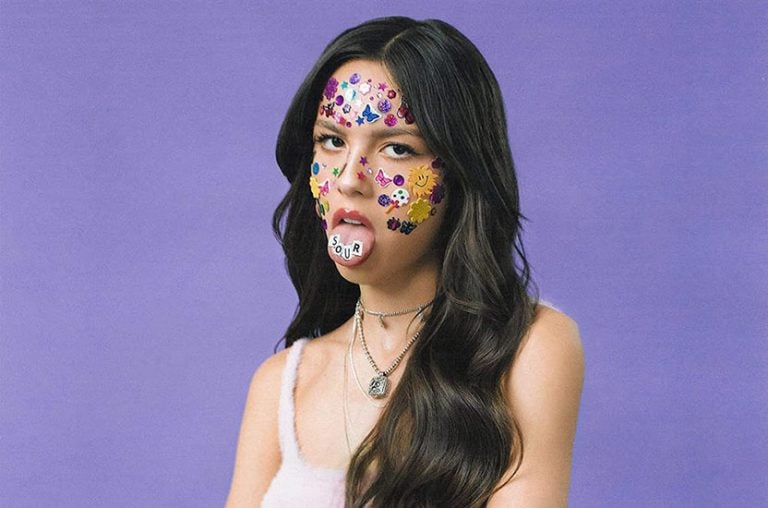Unless you’ve been living under a rock recently, you would have heard of Disney star and singer Olivia Rodrigo by now.
Her track ‘Drivers License’ went viral thanks to TikTok, and from there it looked like things were going great guns for the teen sensation… until people started calling her out for ripping off their work, including Pom Pom Squad and Courtney Love.
A major drama unfolded several months ago, however, when fans on social media started posting mash-ups of Rodrigo’s track ‘good 4 u’ alongside Paramore’s 2007 hit ‘Misery Business’. Nobody was arguing the tracks sounded eerily similar.
Rodrigo retroactively added Paramore’s Hayley Williams and Joshua Farro as co-writers on the song last month, which means they are now entitled to half the track’s royalties, although it is believed they were in contact with Rodrigo prior to the track’s release.
Variety has reported the affected royalties include performance, mechanical and sync. The song hit number one on the U.S. Billboard Hot 100 in May, when her album Sour also debuted at number one on the American charts. The song is a double-platinum number one in Australia, and has made multi-platinum sales across the globe.
Converting that into royalties? Williams and Farro will be laughing all the way to the bank.
Based on the numbers already piled up by Rodrigo’s hit in its first four months — 527.4 million streams, 134,900 song sales, 324,300 radio plays and 246,700 album sales – she’s well on track to making as much as Australia’s Tones and I did from Dance Monkey (or even more). Until she has to cough up the royalties, that is.
Love Music?
Get your daily dose of metal, rock, indie, pop, and everything else in between.
Billboard currently estimates global publishing royalties at around $2.4 million, excluding sync, radio airplay outside the U.S. and general licensing. This would give Williams and Farro at least $1.2 million from four months of revenue.
At the end of the day, given Paramore retired ‘Misery Business’ from their live sets in 2018, it’s one way for them to continue making money from a song they ‘no longer connect with’.

































